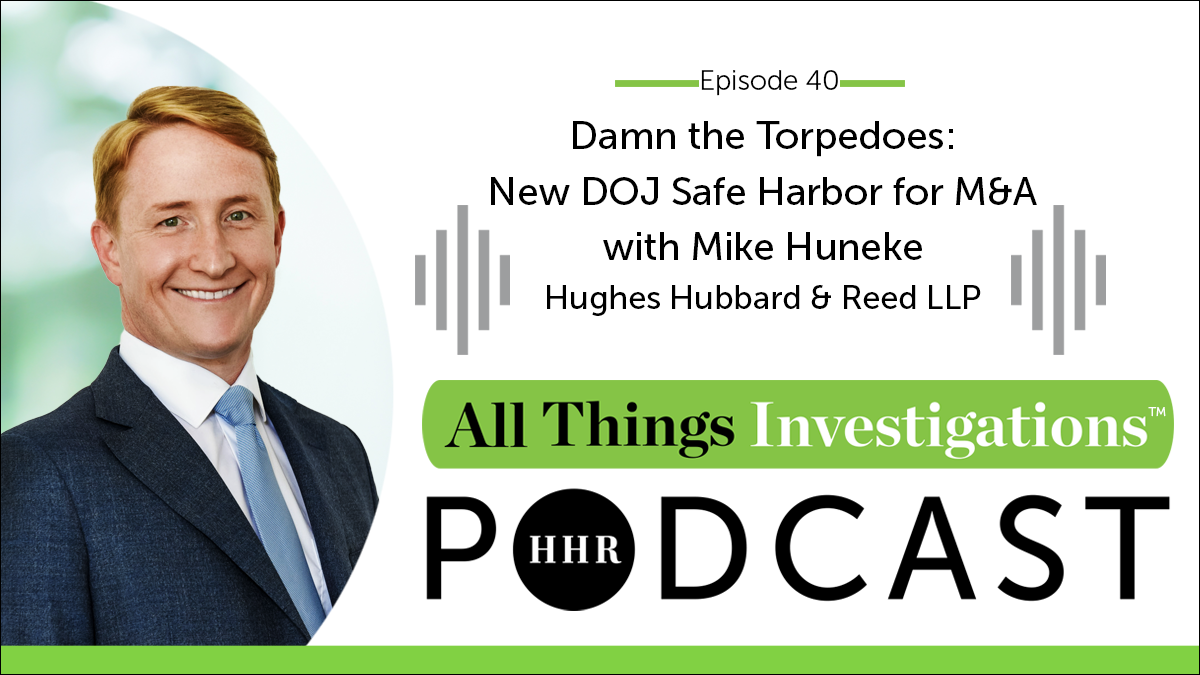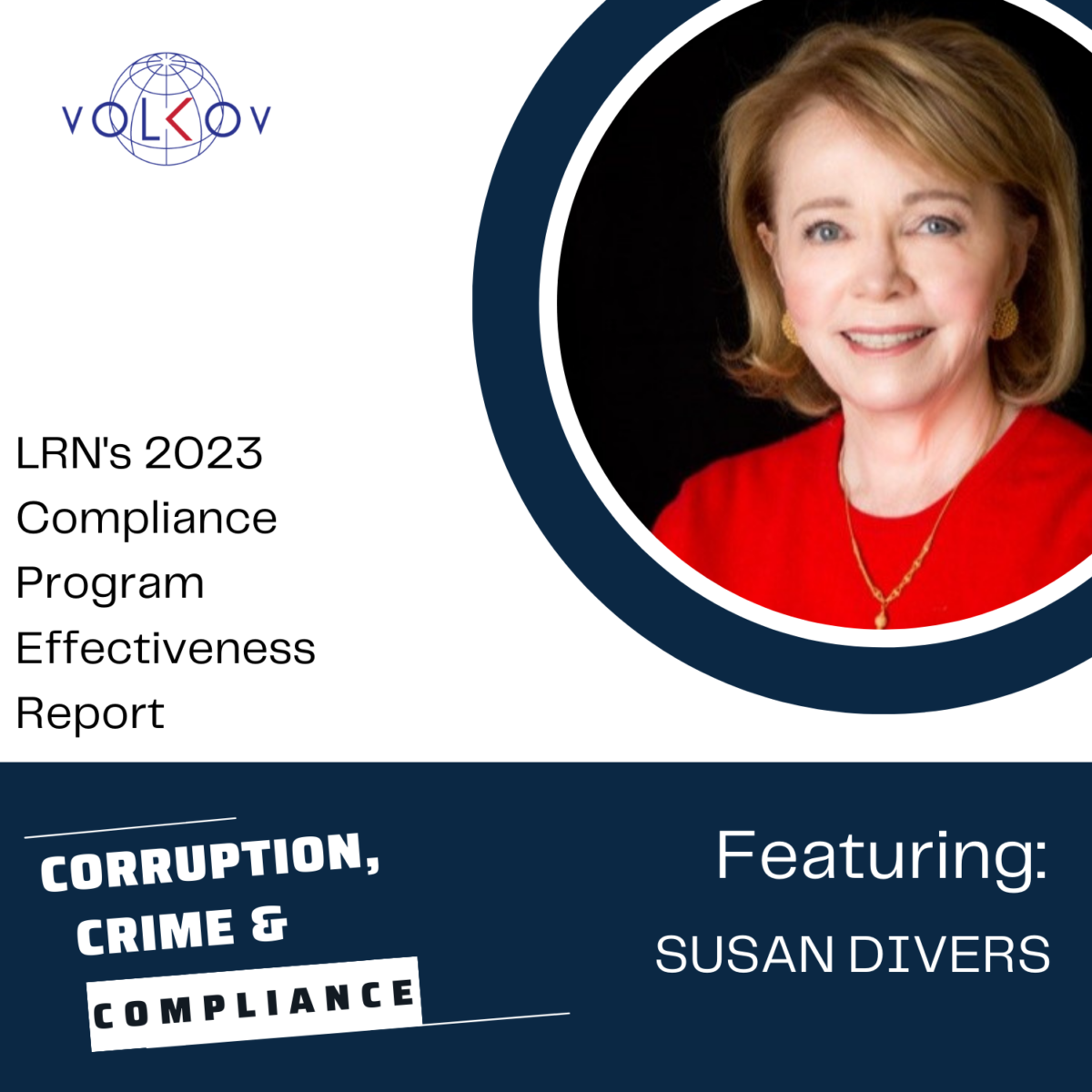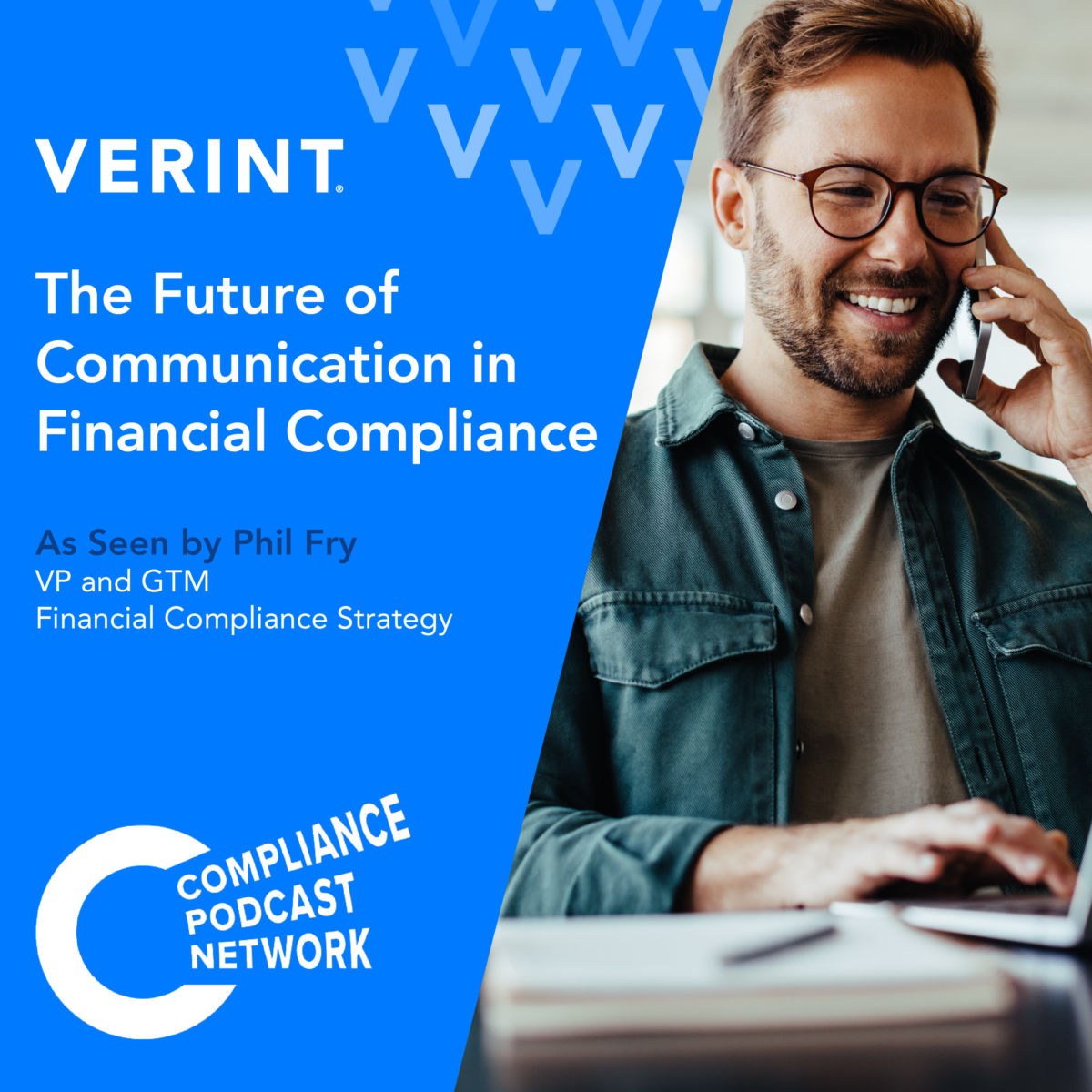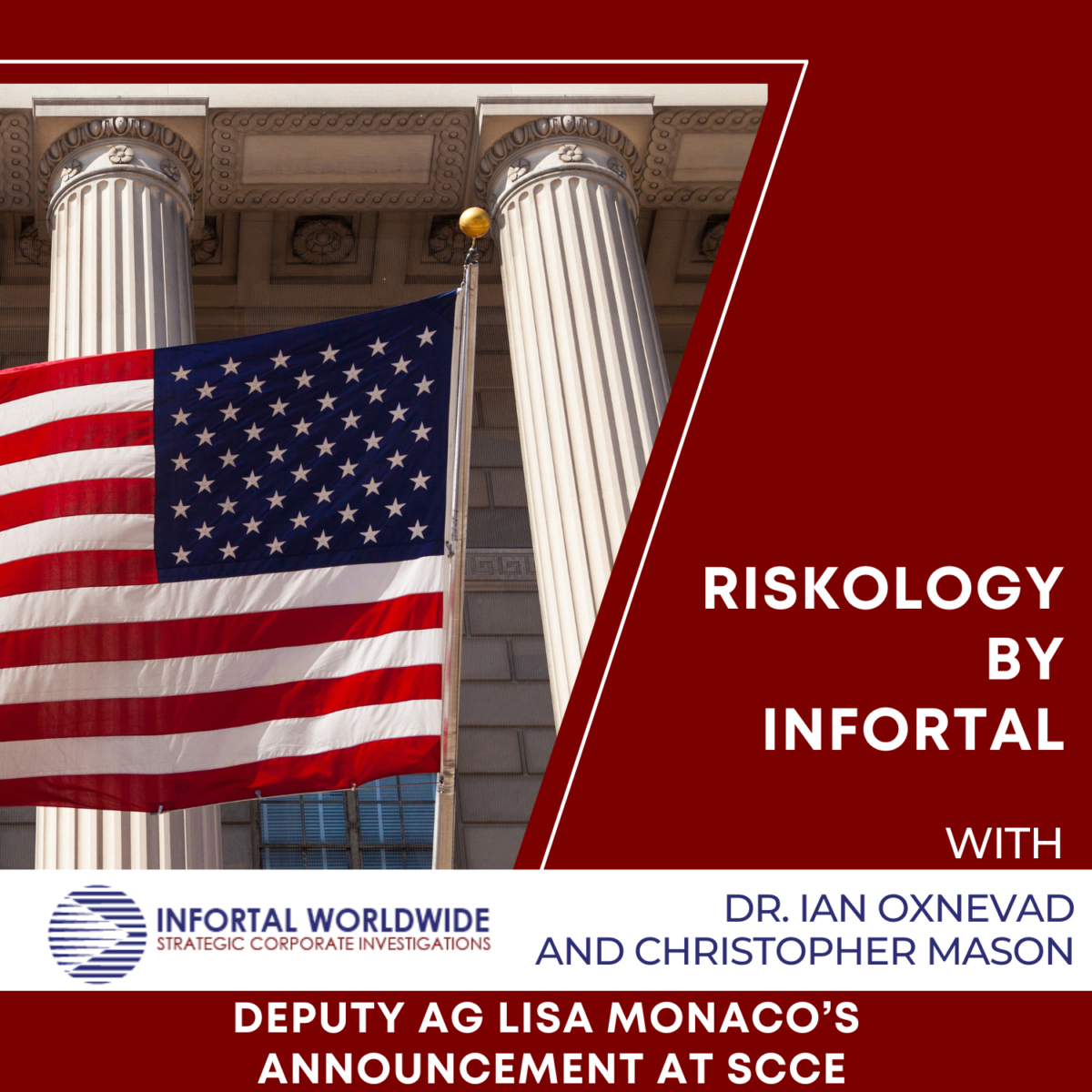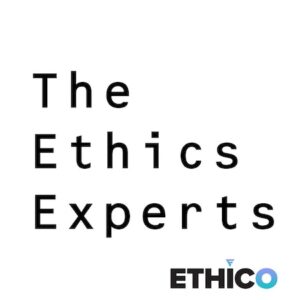This week I have a special five-part podcast series, sponsored by Verint on the Future of Communication in Financial Compliance on the Innovation in Compliance podcast series on the Compliance Podcast Network. My guest in this series is Phil Fry, VP and GTM of Financial Compliance Strategy at Verint. Over this series, we will take a deep dive into the current status of communications in financial institutions; how to be or not be compliant; an analysis and insight into the area; and how to avoid accentuating the negative and the human element in compliance. In this first post, we consider the current status of communications in financial institutions.
The financial industry’s compliance landscape has undergone significant changes in recent years, driven by factors such as hybrid working, Generative AI, and diverse communication modes. These changes have presented challenges for compliance solutions and vendors, making it harder than ever to keep up with evolving regulations. In this episode of the podcast “Future of Communication,” hosted by Tom Fox and featuring Phil Fry, the topic of adapting financial compliance solutions to evolving communication modes is explored in depth.
Financial firms today face more demanding challenges in adhering to regulations than ever before. The increase in unified communications, mobile phones, and changing client demands has transformed the way traders conduct business. Instead of traditional one-to-one conversations, there is now a growing use of conference calls and persistent interactions involving varying numbers of people. This shift, termed as non-binary communications by Verint, a leading provider of compliance solutions, adds complexity to compliance efforts.
Verint recognizes the need for a comprehensive solution that captures the entire communications environment, including voice and persistent chat. They are also at the forefront of pioneering generative AI-driven transcription, communications, pre-surveillance, and speech analytics capabilities. By aligning their solutions with the three lines of defense – business compliance, internal audit, and IT – Verint aims to provide financial firms with a holistic compliance solution.
One of the key challenges in adapting financial compliance solutions to evolving communication modes is the inconsistency in enforcing fines. While Tier one banks have borne the brunt of regulatory fines, there is still a lack of consistency in holding smaller financial institutions accountable. This inconsistency creates a sense of complacency among some institutions, leading them to believe they can get away with non-compliance. However, the increasing number of fines related to communication technologies like WeChat and WhatsApp highlights the importance of controlling all aspects of operations.
Compliance capture has traditionally been associated with fraud prevention. However, in the modern world, the focus has shifted towards managing conduct risk within organizations. Compliance technology solutions, such as Verint’s, play a crucial role in ensuring users act with integrity, due skill, care, and diligence. These solutions also help organizations treat customers fairly, adhere to market conduct standards, and support the needs of their employees.
When it comes to adapting financial compliance solutions, it is essential to consider the tradeoffs involved. Financial institutions often rely on highly advertised solutions that fall short of fulfilling regulatory requirements. For example, some vendors claim to capture Microsoft Teams chat compliantly but can only capture one-off sidebar conversations, not persistent chats with attachments. This lack of technology hampers compliance controls and exposes institutions to unnecessary risks.
In conclusion, adapting financial compliance solutions to evolving communication modes is a complex task. Financial firms must navigate the challenges posed by non-binary communications and changing regulatory landscapes. Compliance solution providers like Verint are at the forefront of addressing these challenges by offering comprehensive solutions and leveraging generative AI-driven technologies. As financial institutions face increasing fines and scrutiny, they must prioritize compliance and consider the impact of communication modes on their operations. By doing so, they can ensure they meet regulatory requirements and maintain the trust of their stakeholders.
For More Information check out Verint.



